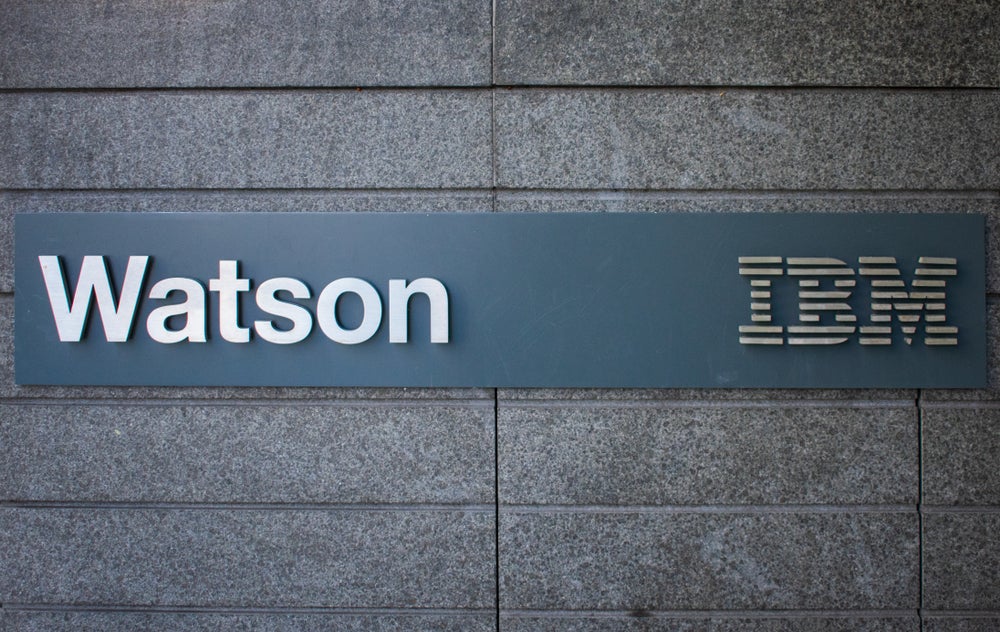
IBM is to sell off the data assets of its AI-powered Watson Health operation to private equity firm Francisco Partners, in move which pretty much ends the story for the beleaguered healthcare unit.
Announced on Friday, exact details of the deal were undisclosed, but media reports suggested a sale of more than $1bn.
The sell-off marks an end to IBM’s healthcare ambitions, as the Armonk, NY based giant concentrates on its hybrid cloud business. Where reports earlier in the month had suggested IBM was looking to sell off the entirety of the poorly performing unit, last week’s deal is a sale of Watson Health’s data and analytics assets.
IBM had previously built out Watson Health through a series of acquisitions totalling more than $4bn. The division facilitated medical research and solution making with a proprietary tool powered by artificial intelligence (AI) and the Watson supercomputer.
“Today’s agreement with Francisco Partners is a clear next step as IBM becomes even more focused on our platform-based hybrid cloud and AI strategy,” said Tom Rosamilia, Senior Vice President, IBM Software in a statement.
“IBM remains committed to Watson, our broader AI business, and to the clients and partners we support in healthcare IT.”
Big Blue’s big blunder
Trouble first hit Watson Health when a 2013 venture with MD Anderson Cancer Center to eradicate cancer promised more than it delivered. The project closed in 2017 after a total spend of $62m.
Other healthcare providers pulled away from the service, implying a lack of efficacy. 2018 saw an undisclosed number of layoffs at Watson Health, with its chief stepping down in the same year.
As of 2021, the unit recorded $1bn in annual revenue and no profit.
The move echoes McDonald’s recent AI sell-off due to disappointing results, and rumours of an “AI winter” – a period of diminished interest and investment in AI, as has happened more than once already – have been circulating in recent times. But it’s unlikely Big Blue will move completely away from Watson or AI in the immediate future.
IBM, which has been pivoting away from healthcare ventures following the appointment of new CEO Arvind Krishna, is instead refocusing its AI tools to different sectors.
The company’s latest AI products show a pivot towards customer engagement, worker productivity and technician aids.
AI in healthcare meanwhile remains a lucrative field: Microsoft acquired the UK’s Nuance Communications for $19.7bn last April. The company’s primary offering is an AI tool that transcribes doctors’ notes, along with customer service calls and voicemails to healthcare providers.
GlobalData forecasts in a recent report on AI in healthcare that the market for AI platforms for the entire health industry will reach $4.3bn by 2024.
“IBM Watson Health should be a cautionary tale for all AI vendors,” says GlobalData research director Ed Thomas. “It demonstrates the potential consequences of overpromising and underdelivering.
“The irony is that IBM is getting out of healthcare technology just when others are making big bets on the sector. Oracle bought Cerner for $28 billion in December, while healthcare expertise is a significant factor behind Microsoft’s $20 billion move for Nuance.”







